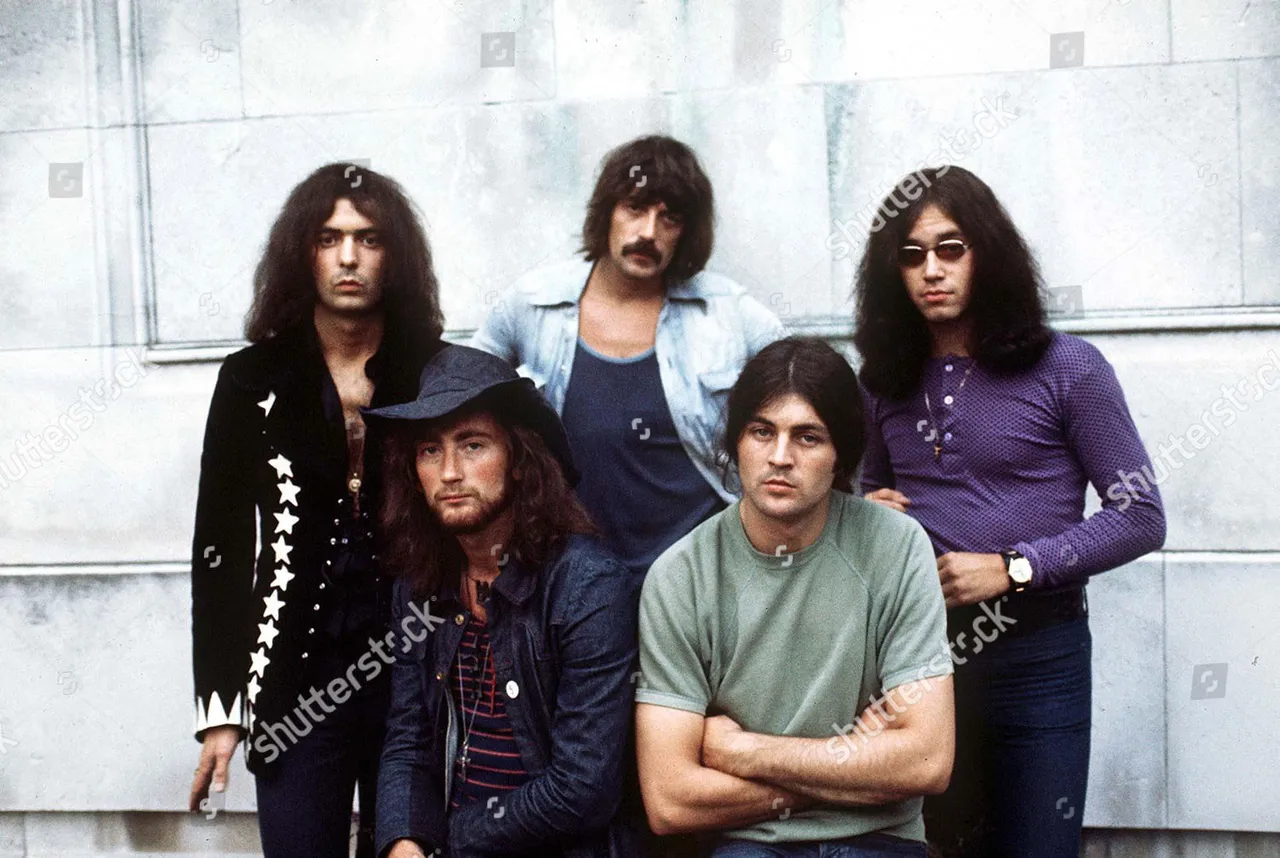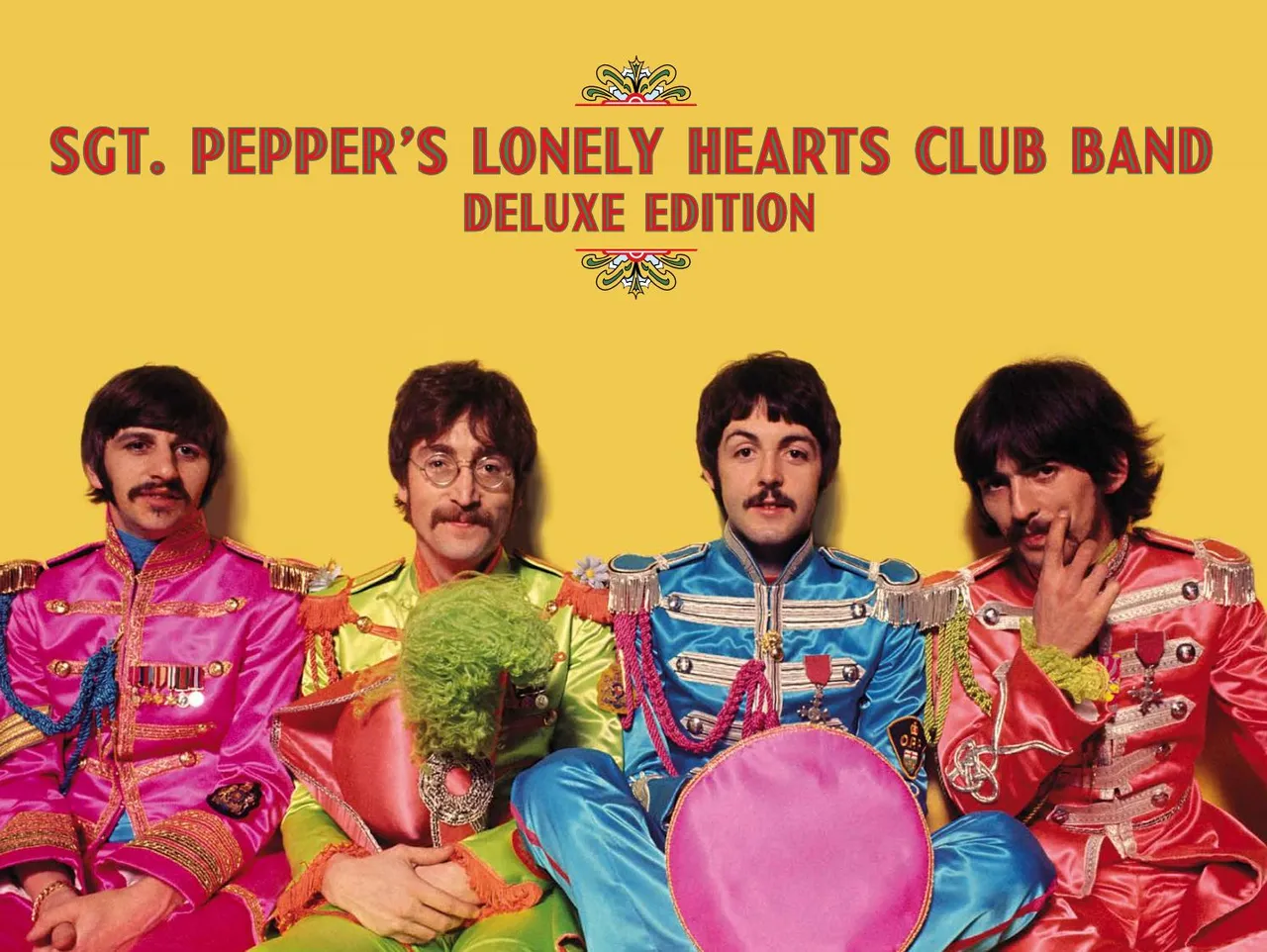
It is too difficult to try to encapsulate everything under a particular concept or rationale that supports it. Clearly, this view is not necessarily opposed to the idea of justifying facts with evidence; not at all. However, it would not be convenient for intangible matters to be kept close to radicalism either. An example: empathy. It is a great biological and emotional ability of human beings, but is it measurable mathematically? Some would say that through statistics and surveys, certain human aspects could be quantified, but they do not describe the process of its emergence and the mechanism of entrenchment; of acquisition.
Now, the premise model that I am trying to synthesise is nothing more than the balance of what we believe to be untouchable, unalterable, unquestionable. Paradoxically, this is a question that sets off alarm bells, because the scientific method itself is meticulous with scientific evidence and its new appearance. I repeat, I do not argue in these lines about being ambivalent to reason and logic, never! On the contrary, my intention is to be incisive with what we believe to be unchangeable. For example: what is rock and roll, and what is not rock and roll? It sounds like a joke, but you'll see how it gets better...
And the fact is that, like most of the things I have to explain, write, relate or express; the best inspiration is the everyday when memories fail or inspiration is scarce. Not long ago, I had a "conversation" with someone who calls himself a "professor of life". Yes, just imagine, I too frowned (with scepticism) as I can sense it happened, just now, to those of you reading this. Clearly, this "privileged mind" argued, and I quote: "The best music ever made is that made by progressive rock: like Pink Floyd, Deep Purple with Joh Lord, and UK". A priori, many people would agree with that idea. The problem is that such a statement makes no logical sense. After all, music is not rigid, it never has been.
Es demasiado difícil tratar de encapsular todo bajo un determinado concepto o fundamento que le respalde. Claramente, esta visión no es necesariamente opuesta a la idea de justificar los hechos con evidencias; para nada. Sin embargo, guardar cercanías con los radicalismos, tampoco vendría siendo conveniente para los asuntos intangibles. Un ejemplo: la empatía. Es una gran habilidad biológica y emocional de los seres humanos pero, ¿es medible matemáticamente? Algunos dirían que a través de estadísticas y encuestas, podría cuantificarse ciertos aspectos humanos, pero no describen el proceso de su aparición y cómo es el mecanismo de afianzamiento; de adquisición.
Es demasiado difícil tratar de encapsular todo bajo un determinado concepto o fundamento que le respalde. Claramente, esta visión no es necesariamente opuesta a la idea de justificar los hechos con evidencias; para nada. Sin embargo, guardar cercanías con los radicalismos, tampoco vendría siendo conveniente para los asuntos intangibles. Un ejemplo: la empatía. Es una gran habilidad biológica y emocional de los seres humanos pero, ¿es medible matemáticamente? Algunos dirían que a través de estadísticas y encuestas, podría cuantificarse ciertos aspectos humanos, pero no describen el proceso de su aparición y cómo es el mecanismo de afianzamiento; de adquisición.
Y es que, como la mayoría de las cosas que tengo que explicar, redactar, relatar o manifestar; la mejor inspiración es la cotidianeidad cuando los recuerdos fallan o la inspiración es escasa. Hace no mucho, tuve una "conversación" con alguien que se hace llamar "profesor de la vida". Sí, imagínense ustedes, yo también fruncí el ceño (con escepticismo) como puedo intuir que les sucedió, justo ahora, a quienes leen esto. Claramente, esta "mente privilegiada", argüía y cito textual: "La mejor música que se ha hecho jamás, es la que ha hecho el rock progresivo: como Pink Floyd, Deep Purple con Joh Lord, y UK". A priori, muchísima gente estaría de acuerdo con esa idea. El problema es que esa afirmación, carece de sentido lógico. Al fin y al cabo, la música no es rígida, nunca lo ha sido.

In this sense, falling into this strange spiral of "all times past were better", I don't know if it can be sustained if we apply context and intensive reasoning. I mean, Chuck Berry, Etta James and Muddy Waters, what exactly did they compose? Let alone a scrawny little duo from Liverpool who took it upon themselves to change the world of pop-rock songwriting in history. I don't know if they'll ever be recognised: John Lennon and Paul McCartney. "Poor devils", they're not up to progressive rock? Sergeant Pepper's Lonely Heart Club Band? What?! What's that? "I don't have any memory of it..."
What's left then for Queen and their multiple albums that changed the world? Neither, sadly. It's not enough... Oh, of course! What I haven't told you, is that according to our "wonderful mind" punk rock was invented by The Ramones, in America. Well, to be fair, he later only acknowledged that the punk movement was already widespread and in the UK. Obviously, under pressure, after googling it and, of course, just from a cross look of dissatisfaction and disgust. There are simply people who would have you believe (absurdly and ridiculously) that collecting information and reciting it is knowledge?
En este sentido, caer en esa extraña espiral de "todo tiempo pasado fue mejor", no sé si pueda sostenerse si le aplicamos contexto y raciocinio intensivo. Es decir, ¿Chuck Berry, Etta James y Muddy Waters, qué exactamente compusieron? Y ni hablar, de un pequeño dúo de escuálidos de Liverpool que se encargaron de cambiar el mundo de la composición pop-rock de la historia. No sé, si lleguen a ser reconocidos: John Lennon y Paul McCartney. "Pobres diablos", no están a la altura del rock progresivo... ¿Sergeant Pepper's Lonely Heart Club Band? ¡¿Qué?! ¿Qué será eso? "No me llega ningún recuerdo..."
¿Qué queda entonces para Queen y sus múltiples álbumes que cambiaron al mundo? Tampoco, lamentablemente. No es suficiente... ¡Oh, por supuesto! Lo que no les he dicho, es que según nuestra "mente maravillosa" el punk rock lo inventaron The Ramones, en Estados Unidos. Bueno, para ser justos, después solo reconoció que la movida punk era ya amplia y en el Reino Unido. Obvio, bajo presión, después de Googlearlo y como no podría faltar, justo de un cruce de miradas de inconformidad y hastío. Sencillamente, hay personas que les hacen creer (absurda y ridículamente) que recolectar información y recitarla es tener conocimiento...

Likewise, strict, square and above all rigid fundamentalisms are almost never of any practical use in the complicated, messy and demanding things that come with living life. Music, the sub-subject where I was involved, is one of them but it could also be philosophy or physics, in the natural sciences. Imagine if no one would have questioned Newton; more precisely, if Einstein hadn't done it. Seriously, we would have a lot of logistical and technological problems, as well as theoretical and practical ones. Again, perhaps the moral of all this is to be broad-minded and not vain and narcissistic about what we momentarily believe to be unquestionable fact. Few, very few things really are. And music is not one of them, dear "professor".
My biggest problem with fundamentalists is that they are the propagators of something I detest: pseudo-truths. Also, they are usually those who believe they own a reality and therefore it must be "respected" and respected. Two concepts, with which I will have extreme opposition all my life. Simply put, no knowledge, hobby, art or craft is based on authoritarianism. Not to mention, when these "purists" come to political power, the absolute debacle. If there is one thing we must always remember, like a mantra, it is that "truths" based on "fundamentals" only brought sloppiness, chaos, destruction, famine, war and oppression, just to name a few examples.
Asimismo, los fundamentalismos estrictos, cuadrados y sobre todo rígidos, casi nunca tienen una utilidad práctica en las cosas complicadas, desordenadas y exigentes que vienen con vivir la vida. La música, el subtema donde me dediqué, es uno de ellos pero también podría ser la filosofía o la física, en ciencias naturales. Imagínense que nadie hubiera cuestionado a Newton; con más precisión, si Einstein no lo hubiese hecho. En serio, tendríamos muchísimos problemas logísticos y tecnológicos; además de teóricos y prácticos. Una vez más, quizá la moraleja de todo esto es ser amplio en criterio y no vanidoso y narcisista con lo que momentáneamente creemos es un hecho incuestionable. Pocas, poquísimas cosas realmente lo son. Y la música no es una de ellas, querido "profesor".
Culmino con lo siguiente, mi mayor problema con los fundamentalistas, es que son los propagadores de algo que detesto: las pseudo verdades. También, suelen ser los que creen adueñarse de una realidad y por tanto debe ser "respetada" y acatada. Dos conceptos, con los que tendré extrema oposición toda mi vida. Sencillamente, ningún conocimiento, hobby, arte u oficio está basado en el autoritarismo. Y ni hablar, cuando estos "puristas" llegan al poder político, la debacle absoluta. Si hay algo que debemos recordar siempre, como un mantra, es que las "verdades" basadas en "fundamentos" solo trajeron desidia, caos, destrucción, hambruna, guerra y opresión, sólo por citar algunos ejemplos.
